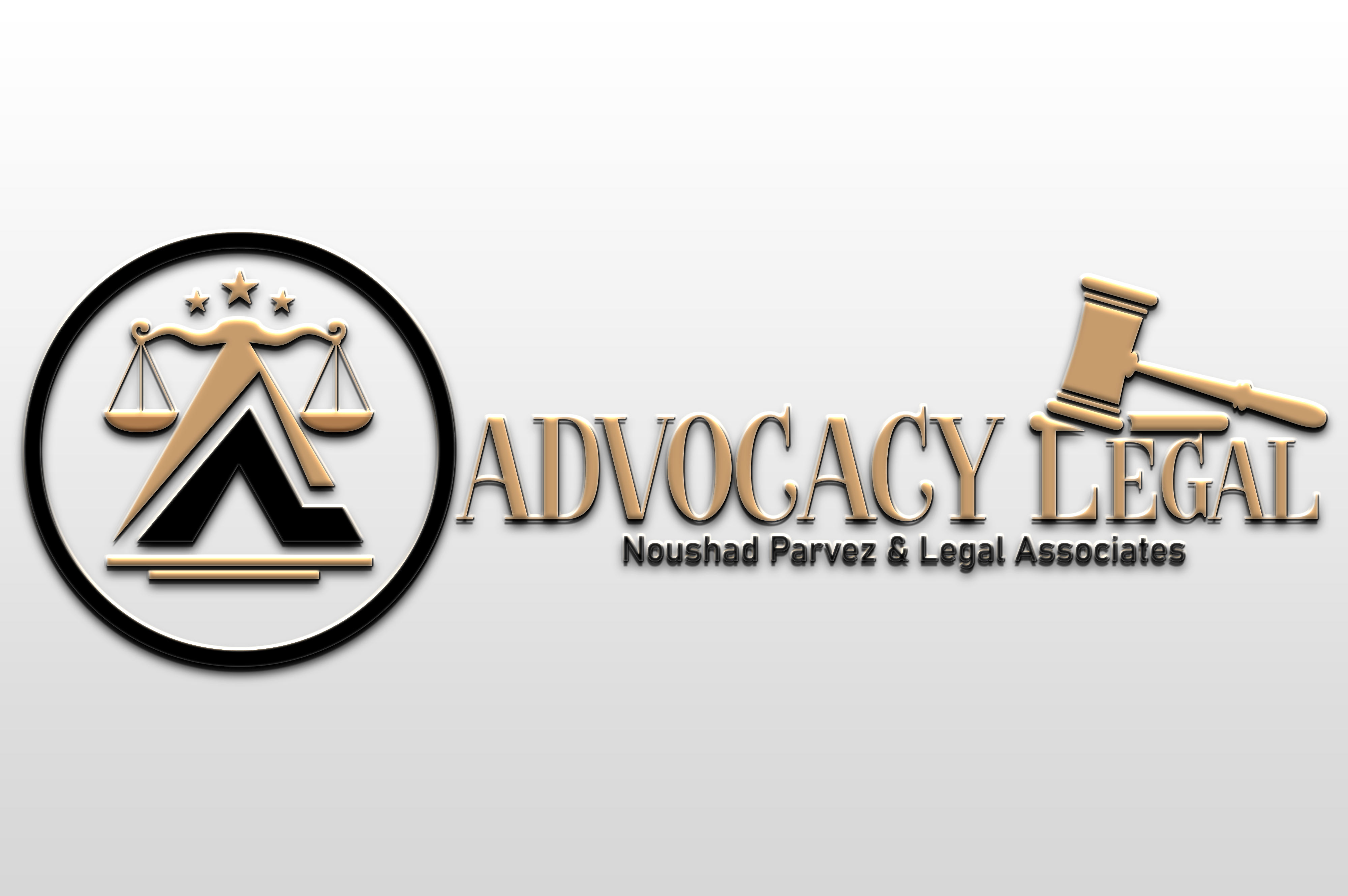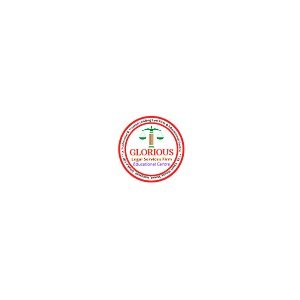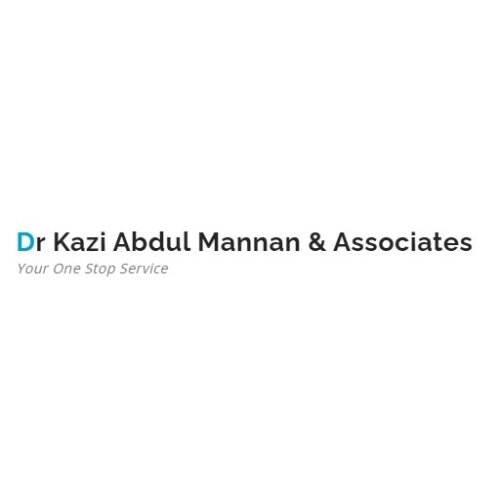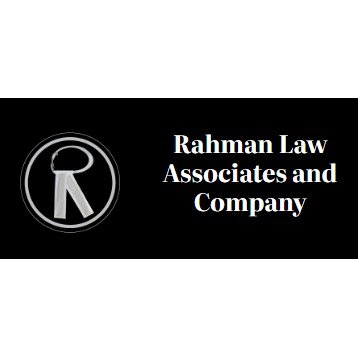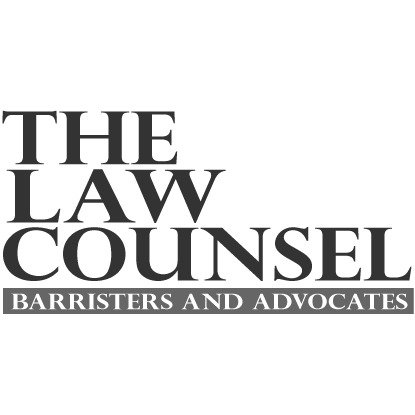Best Adoption Lawyers in Dhaka
Share your needs with us, get contacted by law firms.
Free. Takes 2 min.
Free Guide to Hiring a Family Lawyer
List of the best lawyers in Dhaka, Bangladesh
About Adoption Law in Dhaka, Bangladesh
Adoption in Dhaka, Bangladesh, is governed by a unique set of legal guidelines and traditions. Unlike many other countries, Bangladesh does not have a singular, unified adoption law. Instead, adoption is primarily governed by religious laws. For Muslims, the Guardians and Wards Act of 1890 is applicable, allowing for guardianship rather than formal adoption. Hindus, on the other hand, often follow the Hindu Adoptions and Maintenance Act, although the practice can vary. The legal framework imposes several conditions and procedures to ensure the welfare of the child and suitability of adoptive guardians.
Why You May Need a Lawyer
Navigating the legal process of adoption in Bangladesh can be complex, requiring specialized legal knowledge. Here are some situations where legal help may be necessary:
- Understanding religious and legal requirements specific to adoption in Bangladesh.
- Assisting with the guardianship petition process under the Guardians and Wards Act.
- Navigating international adoption laws if you are an expatriate or foreign national.
- Resolving disputes or legal challenges that may arise during the adoption process.
- Clarifying the rights and responsibilities of adoptive parents.
- Ensuring compliance with all legal formalities to avoid complications.
Local Laws Overview
Adoption laws in Dhaka, Bangladesh, require adherence to religious and local legal stipulations:
- Guardians and Wards Act, 1890: Primarily applied for Muslims, it does not equate to adoption in the Western sense but allows for legal guardianship.
- The Hindu Adoptions and Maintenance Act: While not commonly applicable in Bangladesh, some elements are followed by Hindu families.
- Non-resident Considerations: Foreign nationals may face additional layers of complexity due to both Bangladesh and their home country’s regulations.
- Child’s Welfare: Any decision or process taken is often scrutinized to ensure the child’s best interests are prioritized.
Frequently Asked Questions
Can a foreigner adopt a child from Bangladesh?
Yes, foreigners can adopt, but the process is more complex and may require approval from both Bangladeshi authorities and the prospective parents’ home country.
What is the minimum age to adopt a child in Bangladesh?
The minimum age to become a guardian under the Guardians and Wards Act is generally 25 years, though this can vary depending on specific circumstances and religious requirements.
Is adoption allowed for Muslim families in Bangladesh?
In Muslim law in Bangladesh, formal adoption is not recognized, but guardianship can be obtained under the Guardians and Wards Act, allowing guardians to care for the child without altering legal parentage.
Are there any specific requirements for adoptive parents?
Yes, potential guardians must prove their capability and intent to provide for the child’s welfare. Legal guardianship may impose age, financial, and character prerequisites.
Is consent required from biological parents?
In cases where biological parents are alive, their consent is typically required before any guardianship or adoption process can proceed.
What documents are needed for adoption in Bangladesh?
Documents usually include proof of identity, financial stability, marital status, and sometimes character references or medical reports. Specific requirements can vary based on individual cases.
How long does the adoption process take in Bangladesh?
The timeline can vary widely depending on the specifics of each case, including legal complexities, but it typically ranges from several months to over a year.
What are the costs involved in the adoption process?
Costs can vary, including legal fees, agency charges, and sometimes travel expenses for international adoptions. It’s essential to prepare a budget covering potential expenses.
Is there a post-adoption process I should be aware of?
Yes, there may be follow-up assessments to ensure the child’s placement is successful and aligns with their best interests.
Can I adopt if I'm single?
Yes, single individuals can become guardians under Bangladeshi law, although they may face additional scrutiny compared to married couples.
Additional Resources
For those seeking more information or assistance, consider reaching out to the following resources:
- Ministry of Women and Children Affairs: They provide policy guidance and support for child welfare and adoption-related matters.
- Bangladesh National Women Lawyers’ Association (BNWLA): This organization may offer legal guidance and assistance on adoption issues.
- Social Welfare Department: They can provide insights into state policies regarding child rights and adoption.
- International Adoption Agencies: Agencies that operate across boundaries can provide additional support, though their services might not be common in Bangladesh.
Next Steps
Should you require legal assistance with adoption in Dhaka, Bangladesh, follow these steps:
- Consultation: Begin by scheduling a consultation with a local attorney specializing in family law and adoption.
- Research: Gather all necessary documentation and research the applicable laws to be well-informed about potential legal paths.
- Legal Representation: Consider hiring a lawyer to represent your interests throughout the process, ensuring compliance with local laws.
- Engage with Local Organizations: Collaborate with organizations working in child welfare and adoption to get advice and support tailored to your situation.
- Follow Up: Ensure compliance with any post-adoption requirements laid out by Bangladeshi law or the adoption agency.
Lawzana helps you find the best lawyers and law firms in Dhaka through a curated and pre-screened list of qualified legal professionals. Our platform offers rankings and detailed profiles of attorneys and law firms, allowing you to compare based on practice areas, including Adoption, experience, and client feedback.
Each profile includes a description of the firm's areas of practice, client reviews, team members and partners, year of establishment, spoken languages, office locations, contact information, social media presence, and any published articles or resources. Most firms on our platform speak English and are experienced in both local and international legal matters.
Get a quote from top-rated law firms in Dhaka, Bangladesh — quickly, securely, and without unnecessary hassle.
Disclaimer:
The information provided on this page is for general informational purposes only and does not constitute legal advice. While we strive to ensure the accuracy and relevance of the content, legal information may change over time, and interpretations of the law can vary. You should always consult with a qualified legal professional for advice specific to your situation.
We disclaim all liability for actions taken or not taken based on the content of this page. If you believe any information is incorrect or outdated, please contact us, and we will review and update it where appropriate.




